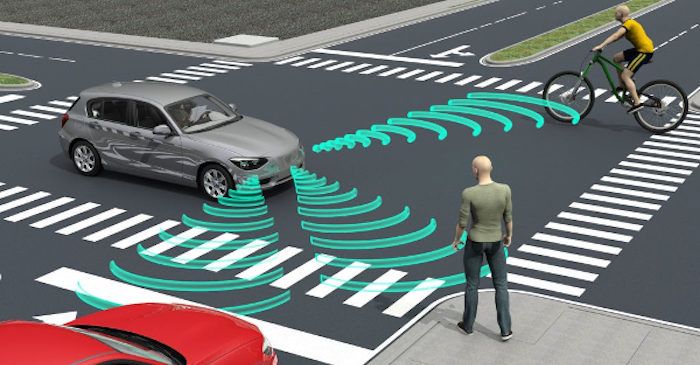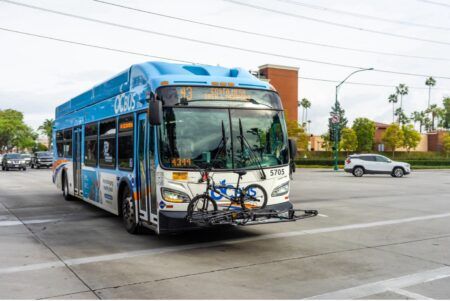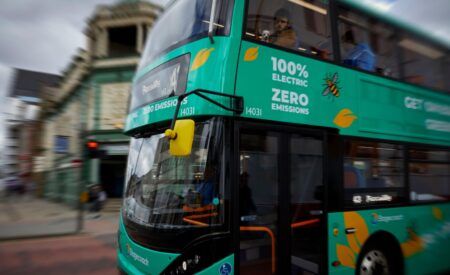Florida Polytechnic University (FPU) and the Jacksonville Transportation Authority (JTA) have signed a memorandum of understanding (MoU) committing both parties to collaborate on the research, development and application of autonomous vehicle (AV) technology in public transportation.
The JTA is an independent agency with multimodal responsibilities that includes the design and construction of bridges and highways, and the provision of varied mass transit services. These include express and regular bus services, community shuttles for a neighborhood ride, a downtown Skyway monorail, the St Johns River Ferry, the Gameday Xpress for various sporting events at TIAA Bank Field, paratransit for the disabled and elderly, and Ride Request on-demand services. The JTA has a challenging role serving the largest city in the continental USA in terms of area, so the agency is keen to explore the potential of AV technologies to provide an integrated transportation network in the region.
The mutual agreement includes fostering the development of AV technology within downtown regions, university campuses and other controlled settings. It also involves the creation of work and study opportunities to support AV research, leading to implementation and testing programs. A lot of the work will be based at Florida Poly’s new Advanced Mobility Institute (AMI), which was launched in September and is a university-affiliated research center focused on advancing and testing AV technology. AMI is not only unique to the state, but is also one of the largest university centers specialized on the narrow area of testing and verification of AV technology in the country.
The collaboration will complement other programs the university is developing, including its partnership with SunTrax, the state-of-the-art testing facility developed by Florida’s Turnpike Enterprise (FTE) and located next to Florida Poly’s campus. With the first phase due to open by spring 2019, SunTrax will provide space to test AV technology, as well as other smart transportation programs including automated tolling systems and connected vehicle technology. The 400 acre site will allow the trial of new transportation technologies in safe and controlled environments, including a 2.25-mile (3.6km) oval track that has been designed for high-speed and multiple lanes of travel. The 200 acre infield part will include a simulated downtown urban area to test transit, pedestrian and bicycle interactions with AVs.
“AV technology holds great promise for the whole transportation industry, but it’s very likely that public transportation will take advantage of it before the generic passenger car marketplace,” noted Dr Rahul Razdan, senior director for special projects at Florida Poly. “At the Advanced Mobility Institute, we pay particular attention to the Florida industries that can absorb this technology earlier.”
Florida Poly’s president, Dr Randy K Avent, added, “The agreement between AMI and JTA is another valuable example of how the university works to fulfill its mission of advancing Florida’s high-tech economy. Through the Advanced Mobility Institute, Florida Poly works with entities within the state to advance the technologies of the future. We’re excited to collaborate with the Jacksonville Transportation Authority, sharing with them our scientific research and expertise on autonomous vehicle technology.”





